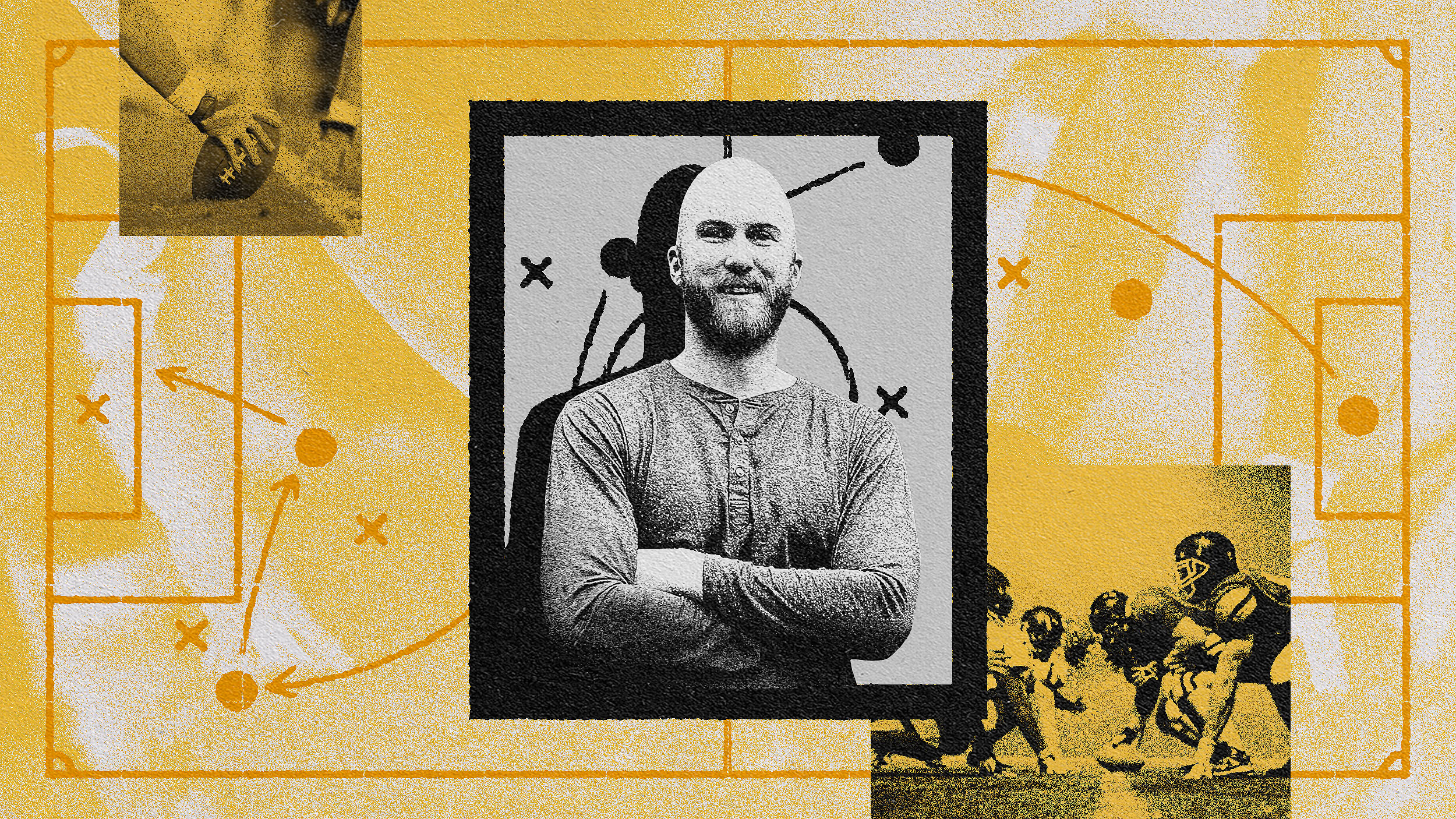BISHOP OMAR JAHWAR: Real mentors are always sending -- it's like this, character coaches don't negate your characteristics trying to build you up, they're trying to build on your characteristics but also build your character. So, if you see LeBron at a young age, you say, man, you could change the NBA, but you need to work on your jump shot; you need to work on your endurance. You need to -- and so, you are always affirming that you are what I see, but you've still got to work to become what you are, you've got to work to become that person that is a little ahead. So, I tell them all the time, one of the things that young people laugh at, I say, I'm going to introduce you to your future self and then I'm going to bring you back to who you are right now. So, we're going to do an introduction; I'm going to show you who you are, but now you've got to come back and work on where you are. And so good mentors are always trying to use their gift of sight. A mentor does not have to have gone through what you've been through; it's good, but it's not a prerequisite. A mentor can just cause you to react differently to the environment that you are stuck in. See, my mentor was not a gang leader, he was a person that could see potential and build it and build it and build it. And before you knew it, those philosophical words that I would say became ideas that I would do, and then they could see me walk this out. And that's what we're trying to do, when I'm using mentors in my work, I'm saying I want you all to get very, very close to the individuals that we serve, so you can't be afraid of the environment, you cannot hate that that you're trying to change.
Watch this: if you hate every characteristic about the person you're trying to help, how then can you give them encouragement to be what they're supposed to be? We tell them like this: only inspired people can inspire people. If I'm an urban mentor, I hate hip hop, I hate how they dress, I hate all that loud stuff, I hate this, and they say but you can be your best. How? You have to at least admire my light even if I'm using it the wrong way, we're just trying to shine it different. So there are some ways that we kind of figure out how to create good mentor/mentee relationships.
Like a guy who mentored me, his name was Ahman Rashidi, he used to say to me, "Omar, proof of behavior is in what you do, not in what you say. Your mouth can say anything, but your behavior won't lie." He'd tell me that no matter what happens to you, you are responsible for what you do for you. Whatever someone is going through, whatever you're going through currently, someone went through it before you, and if they made it, you can make it. See, only inspired people can inspire people. Powerful people don't teach powerless people how to take their power away, they will pity you, but this they'll only do for a moment; you must show signs of life in order for any individual to respect the life that's left in you. So we are always affirming: you have to restate, reset, and it might be a hell of a situation you landed in. It's on you to get up. So yeah, it gets tough, but you can be that tough when someone knows you care. When I'm trying to get the best out of you, I might have to speak some of the things that you feel are worst, tough, but I'm trying to get you to respond because I know how serious one idea is when it takes you down the wrong road, especially in the world that we live in.
Bishop Omar Jahwar is a Pastor and internationally renowned community leader dedicated to ending senseless violence, strengthening communities and promoting strong families. His efforts to revive Urban Culture began over[…]
Bishop Omar Jahwar explains that before mentors can inspire others, they have to be inspired themselves.
▸
4 min
—
with
Related
Ditch the old brain vs. heart assumptions, and instead think about a heart-led brain.
Eric Olson — CEO and co-founder of Consensus — takes his cues from the university of legendary coaches.
Architect and brand innovator Kevin Ervin Kelley sounds the alarm for workplace culture — and argues for a “big bang” collision of forms and shapes.
The former Nintendo president has become synonymous with the backlash against layoffs — because, like a great leader, he focused on lifting people.
When all your teammates fall for “the emperor’s new clothes,” the results can be disastrous — here’s how to bust the groupthink.






